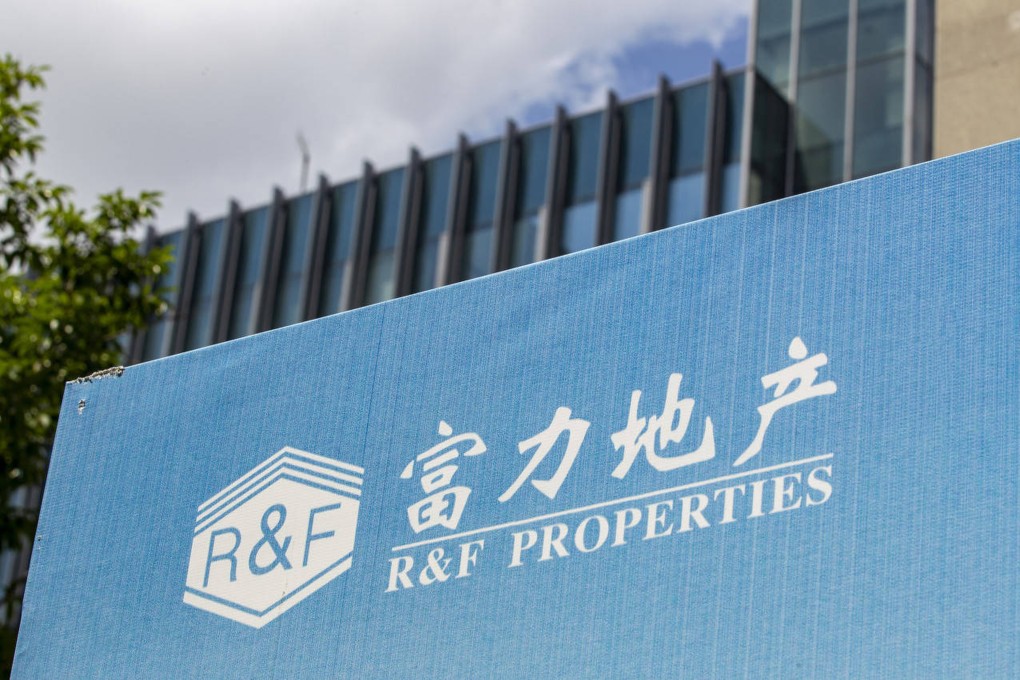Distressed Chinese developer Guangzhou R&F says net loss for 2021 could widen to US$2.5 billion
- Company says it will set aside another 6.9 billion yuan for an impairment loss arising from inventory
- No recovery in sight, as the national economy remains weak, analyst says

The company said in a filing to the Hong Kong stock exchange after the market close that it would set aside another 6.9 billion yuan provision for an impairment loss arising from inventory, on top of an initial assessment of 6.1 billion yuan in an unaudited earnings report. R&F did not disclose the names of the projects that had caused the impairment loss.
The Guangzhou-based developer published a preliminary full-year earnings report for 2021 on March 31.
Friday’s profit warning piles the pressure on the debt-ridden developer, which is seeking to escape insolvency. It also comes after Fitch Ratings downgraded R&F and its subsidiaries’ long-term issuer default ratings to RD (restricted default) from C on July 18.
“Bad news about China’s troubled developers is surfacing one by one and it seems that the worst is yet to come,” said Wang Feng, chairman of Shanghai-based financial services group Ye Lang Capital. “No recovery is in sight, as the national economy remains weak.”